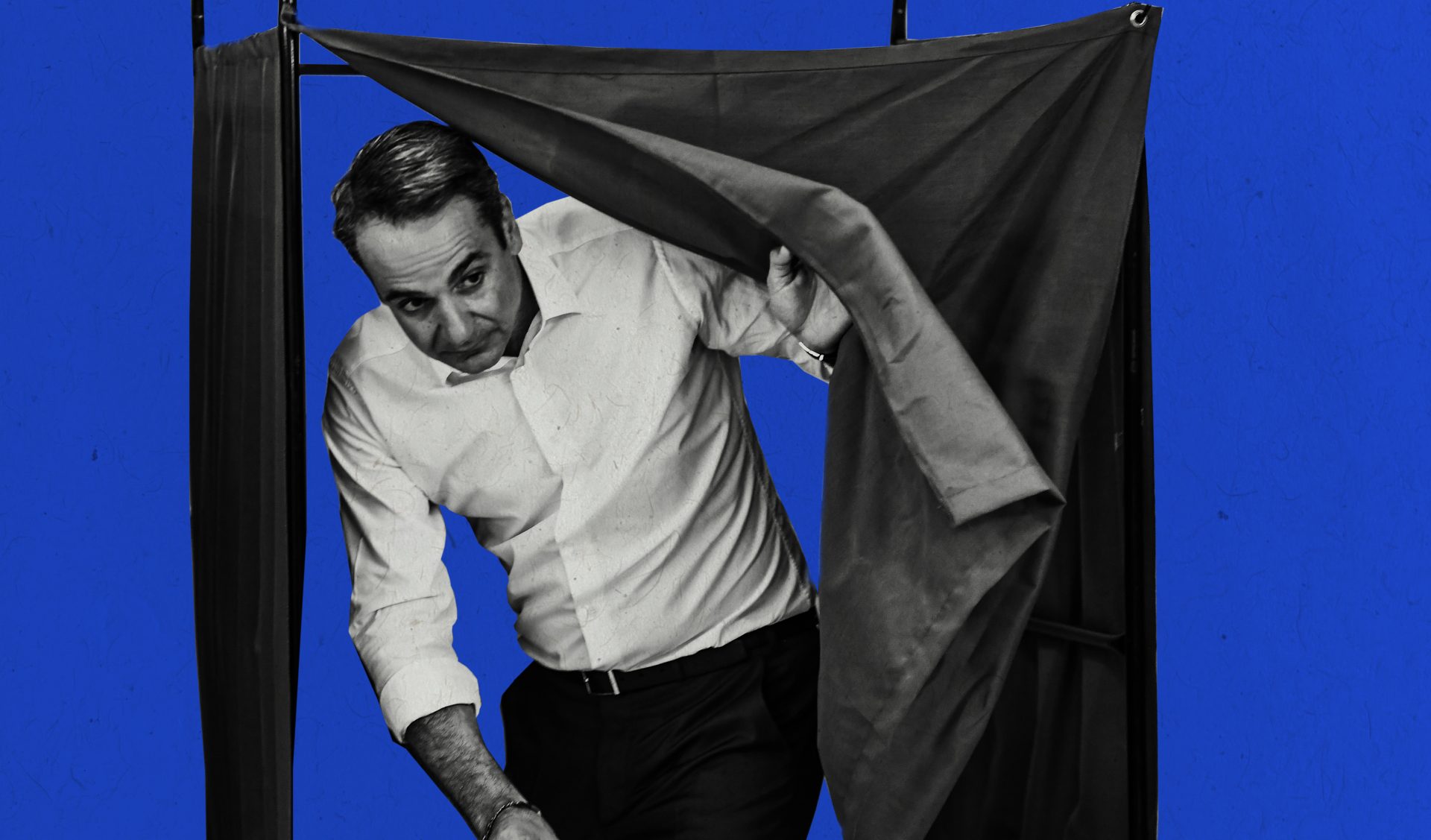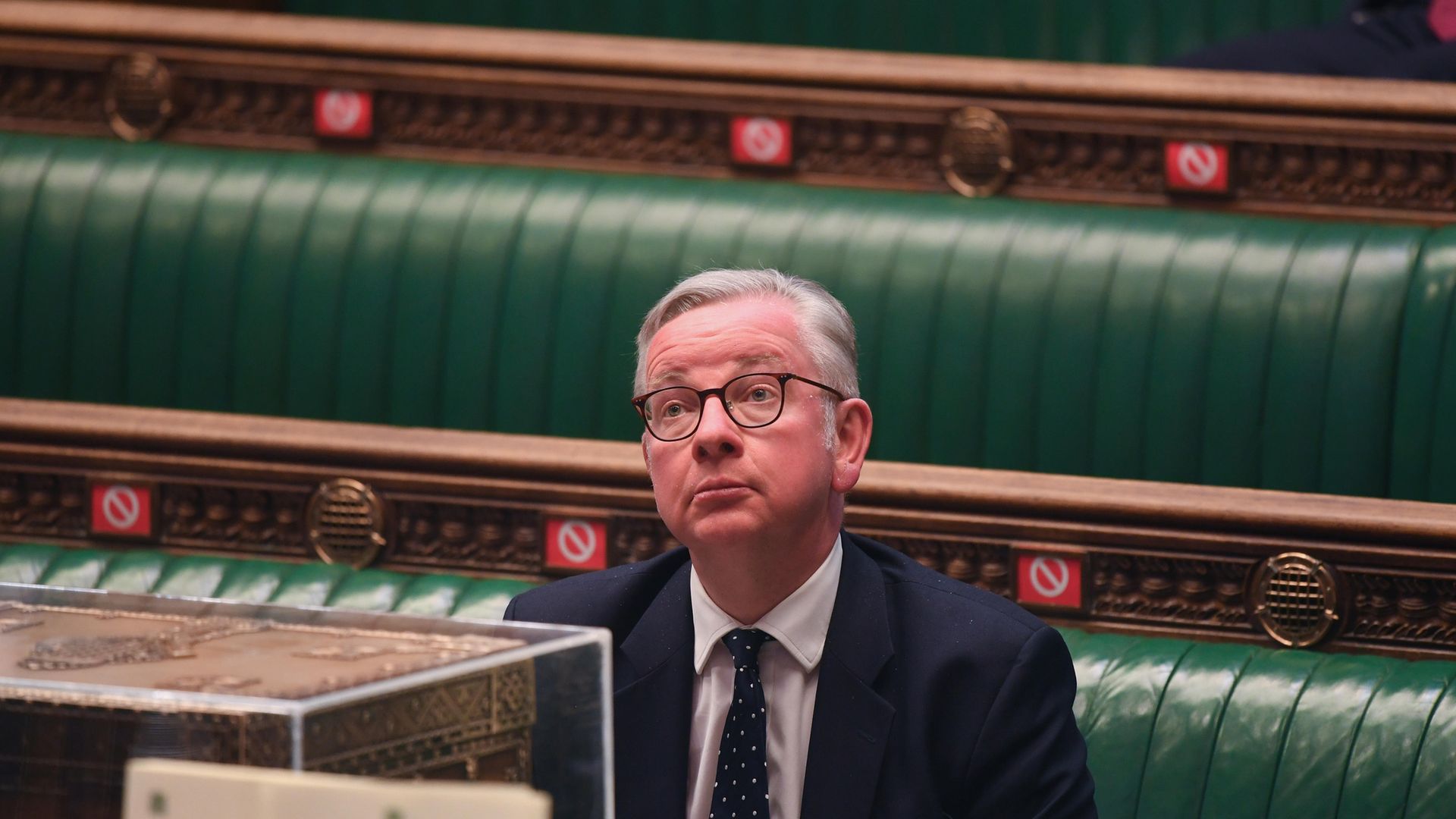It is never all that difficult to get worked up about executive pay. This year, it’s easier than ever – just take a look at what anyone at the top of the energy sector is receiving, even as at least half the country looks forward with dread to winter and wonders how on earth they’re going to heat their home.
The chief executive of National Grid, for example, is getting a package worth £6.5m this year, up £1.1m versus just one year before – a good sign that at least one worker’s wage is beating inflation.
In May, the Guardian reported that the top executives of the various North Sea oil and gas companies could expect a total pay rise of around £25m between them – with their actual pay totalling £54.4m. Given much of this is in the form of stock options and share prices have continued to rise, it is likely already worth many millions more.
We can all look at these multi-million-pound pay packets and feel that usual strange brew of injustice and envy – righteousness and covetousness all mixed up in one ethically ambiguous package. But trying to make up our mind on what we should actually do about these pay packets is much tougher.
What most of us would like is a fairer system with less inequality, but which also doesn’t just result in all the CEO jobs moving overseas – and we’d like whatever system comes up to prove sustainable, and hard to dodge.
The pithiest idea for tackling fat cat executive pay and the accumulated wealth of billionaires is the frequent online mantra to “eat the rich”. Sadly, if taken literally, this proves to be a short-lived solution at best. A typical human body contains around 120,000 calories – enough to feed 60 people their recommended daily intake for one day.
That would suggest that in an “eat the rich”-based economy, we should each day eat the richest 1/60th among us. Unfortunately, just 100 days into this new system we would have seen humanity’s current population of 7 billion shrink to just 1.3 billion, with only a downward trajectory ahead of it.
Some ostensibly more serious solutions end up having similarly large holes in them. One popular suggestion is to propose that no chief executive should earn more than, say, 20 times the lowest-paid employee of their company.
This system, however, would suggest that hedge funds and commodity traders – which employ tiny numbers of people but have an outsize impact on the world – are operating much more ethically than supermarkets or food companies.
It could also incentivise companies to further outsource their operations, splitting each tier of management into a separate company to preserve executive pay. We could try to tackle this by including suppliers, but would quickly find ourselves either proposing a flat pay cap – do this and then watch the companies disappear overseas – or else giving up on the whole mess.
The actual efforts we have taken to tackle executive pay and bonuses have always ended up similarly ineffectual and avoided – efforts were made to make CEO bonuses more long-term to discourage the mad risk-taking that caused the 2008 financial crash, but by and large bonuses just got larger to compensate for their slower rate of increase.
Each new attempt to tax the complex packages of cash, pensions, options, and financial products more fairly and effectively seems to result in a new mechanism for optimising tax payments within the law. When your salary is £40,000, it is never worth paying someone tens of thousands to optimise your tax bill. When it’s £10m, the maths looks very different.
The reality of executive pay is that it takes from us not once, but twice. For most of us, the default response on seeing excessive executive pay is to compare it to our own, and wonder if anyone can possibly work that many hundreds of times harder than we do, or have their time be worth so much more per minute.
What we tend not to notice is that those wages are being paid by us in another meaningful sense, too: the mysterious owners of most public companies ultimately ends up being… us. Each month, most of us have money deducted from our payslips and paid into our pension pot – with our employer (by law) topping up the pot, too.
That money is then invested, the vast majority of it in listed companies. The largest shareholders of most public companies includes multiple pension funds – organisations there to represent our best interests and get us the best return on the money we invested, to give us the best retirement possible.
Executive pay that’s over the odds, then, isn’t just unfair as wages – it’s being paid with money that would otherwise come back to us, as shareholders.
But it’s here where the real mystery of both democracy and capitalism kicks in: we (regular workers and shareholders) are many, the execs are few – and 99% of the time, that’s good for the executives.
Paying a chief executive £1m more than they’re worth probably costs each shareholder of a major company a matter of pennies. Few people will go to the wall to fight for that – but it’s worth £1m to the CEO, so they’ll really work to show why it’s supposedly necessary, and to build a mutually reinforcing system that makes compensation inflation possible.
Remembering that dual nature of the scam – such as it is, given it operates in plain sight – provides clues to tackling it. Just as we debate minimum corporation tax, we should also introduce a minimum executive tax, taking a particular share of compensation no matter what form in which it is paid.
But similarly, we should try to look for regulations to strengthen shareholders versus executives, and try to put our pensions with providers keen to be proactive. It might not feel like it, but given we’re the shareholders, it’s the executives that work for us.
A motivated few will, without a major intervention, typically win against the many. But it doesn’t have to be that way.




